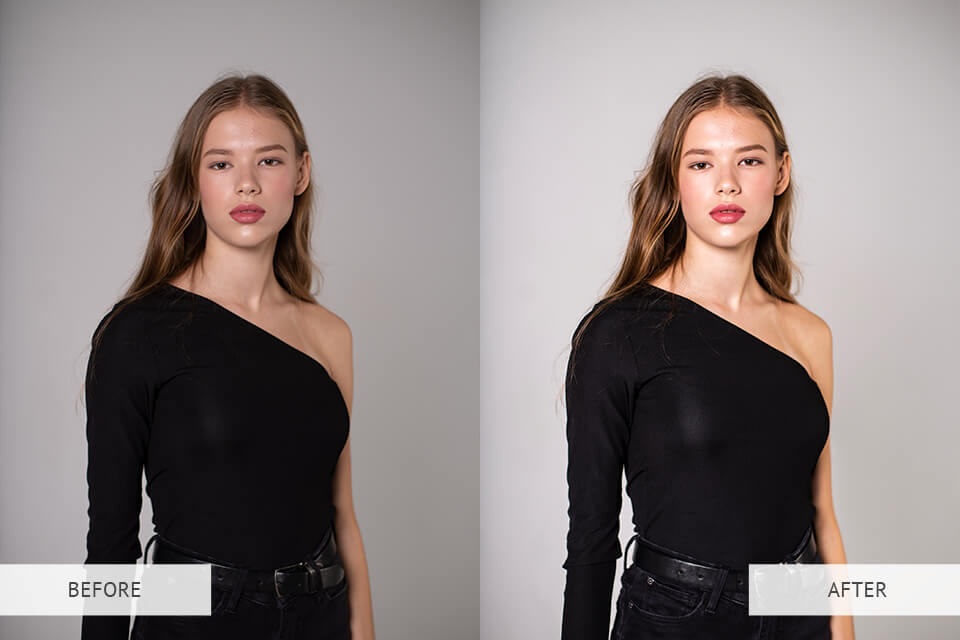

For example, NightCafe is an AI picture generator that has a great community and app, but it just enables you to use the DALL♾ 2 and Stable Diffusion algorithms (as well as some of the older ones). I was looking at the AI image generators themselves, not tools built on top of them. Tools that have you upload a dozen of your photos and then spit out AI-generated portraits are fun (and normally built using Stable Diffusion), but they aren't the kind of general-purpose image generators I was considering. I was looking for apps that allowed you to generate AI images from a text prompt. The four biggest names-DALL♾ 2, Midjourney, Stable Diffusion, and Adobe Firefly-are all on this list for different reasons, but they're also the only apps that really met my criteria for inclusion for two reasons: Since they're such a recent development, there isn't a huge amount of great AI image creators to choose from. Even the original DALL♾ was more of a fun novelty than a world-shaking revelation when it launched in 2021. The technology underlying them was incredibly cool and impressive, at least to research scientists, but the images they could output were underwhelming. There's a reason that AI image generators have become incredibly popular over the past 18 months: before that, they were pretty bad.

Ai to photoshop full#
For more details on our process, read the full rundown of how we select apps to feature on the Zapier blog. We're never paid for placement in our articles from any app or for links to any site-we value the trust readers put in us to offer authentic evaluations of the categories and apps we review. We spend dozens of hours researching and testing apps, using each app as it's intended to be used and evaluating it against the criteria we set for the category. It's kind of like looking up at a cloudy sky, finding a cloud that looks kind of like a dog, and then being able to snap your fingers to keep making it more and more dog-like.Īll of our best apps roundups are written by humans who've spent much of their careers using, testing, and writing about software.
Ai to photoshop series#
In essence, they start with a random field of noise and then edit it in a series of steps to match their interpretation of the prompt. The latest generation of AI image generators do that using a process called diffusion. The next step is to actually render the AI-generated image. Once this is done, you have an AI that can interpret almost any prompt-though there is a skill in setting things up so it can do so accurately. By allowing it to process near-countless images, it learns what dogs, the color red, Vermeers, and everything else are. Billions of image-text pairs are used to train a neural network (basically, a very fancy computer algorithm modeled loosely on the human brain) on what things are. Most AI image generators work in a pretty similar way. Seriously, the only real limits are your imagination, the AI image generator's ability to comprehend your prompt, and any content filters put in place to stop bad actors flooding the internet with AI-generated violence or other NSFW content. I made this with DALL♾ 2 using the prompt "an impressionist oil painting of a Canadian man riding a moose through a forest of maple trees" This opens up some wild possibilities, since your prompt can be anything from "an impressionist oil painting of a Canadian man riding a moose through a forest of maple trees" to "a painting in the style of Vermeer of a large fluffy Irish wolfhound enjoying a pint of beer in a traditional pub" or "a photograph of a donkey on the moon." The best AI image generatorsĭALL♾ 2 for an easy-to-use AI image generatorĭreamStudio (Stable Diffusion) for customization and control of your AI imagesįirefly (Photoshop) for integrating AI-generated images into photosĪll these AI image generators take a text prompt and then turn it-as best they can-into a matching image. It's worth taking a few hours to play around with one of these text-to-image AI apps-even just so you can appreciate them from a technical perspective. Instead, I'll focus on the fact that these AI image generators can now produce fascinating results from written prompts.

I'm going to try to avoid the thorny discussions around artistic merit and copyright infringement in training data. That's about as long as anyone realistically has been thinking about these tools, and it's really exciting for me to see how far they've come. I've been writing about AI image generators since Google Deep Dream in 2015.


 0 kommentar(er)
0 kommentar(er)
